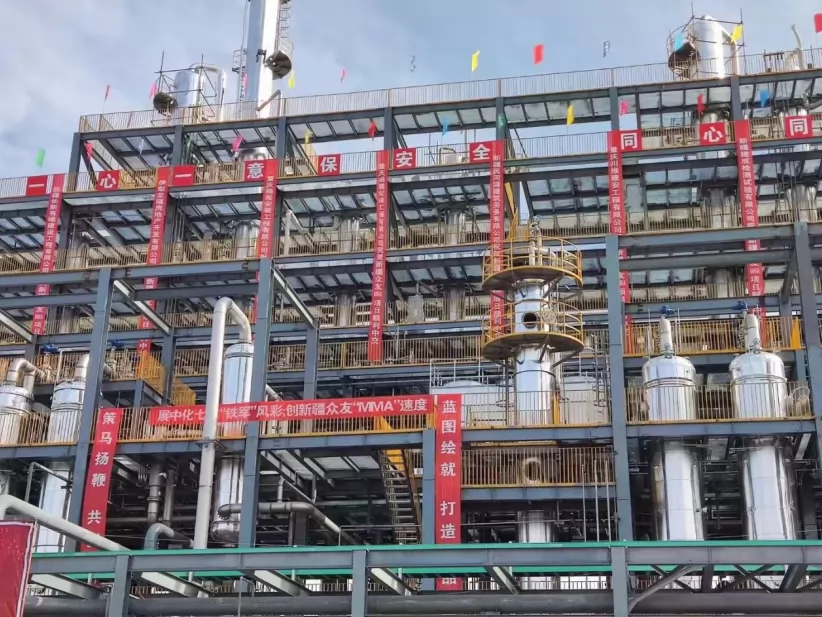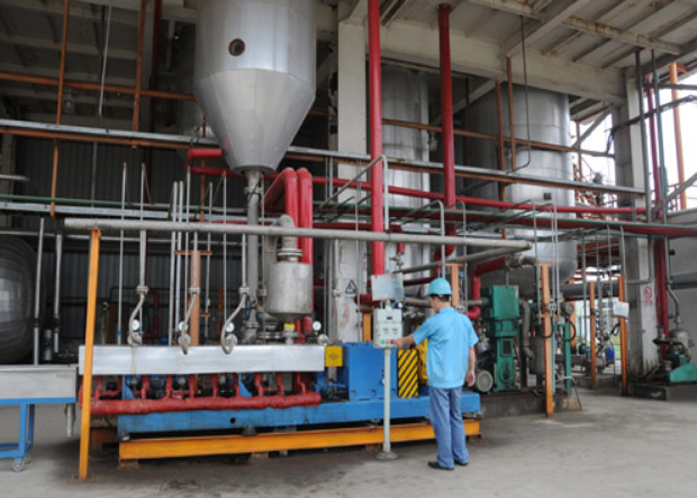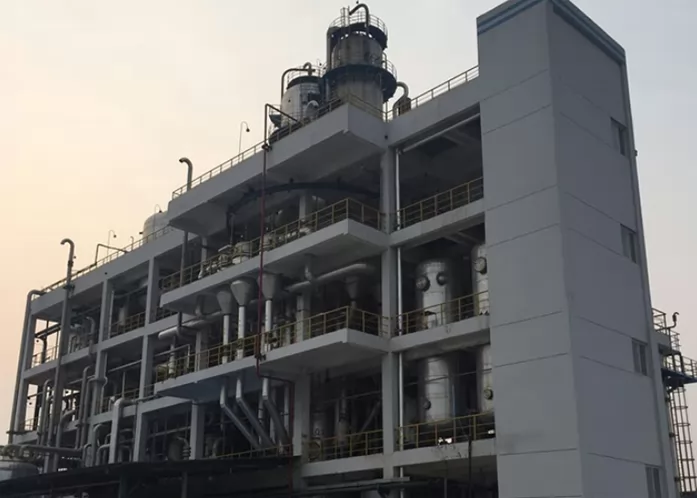Basic Concepts
Epoxy resin refers to an organic polymer compound containing two or more epoxy groups in its molecule. Its molecular structure is characterized by the presence of active epoxy groups in the molecular chain. The epoxy groups can be located at the end, in the middle of the molecular chain, or in a cyclic structure.
Synthesis of phenolic epoxy resin:
Phenolic resin is synthesized by the polycondensation of phenol or cresol with formaldehyde under acidic or alkaline conditions. Then, it reacts with epichlorohydrin under alkaline conditions to introduce epoxy groups, thereby obtaining phenolic epoxy resin.
Technology Application
• In the field of coatings: Taking advantage of the excellent corrosion resistance, adhesion, and insulation properties of epoxy resin, it is widely used in metal anti-corrosion coatings, marine coatings, floor coatings, etc.
• In the field of electronics and electrical appliances: Relying on its high insulation property, good mechanical properties, and heat resistance, it is applied to the encapsulation, potting, and insulating coatings of electronic components, such as the potting of transformers and capacitors.
• In the field of composite materials: It is compounded with reinforcing materials such as glass fiber and carbon fiber to make high-performance composite materials, which are used in industries such as aerospace, automotive, and sports goods, such as aircraft wings, automotive body structural components, etc.
The synthesis technology of phenolic epoxy resin has the following advantages:
(1) Excellent Heat Resistance
• Phenolic resin itself has good heat resistance. After reacting with epichlorohydrin to form phenolic epoxy resin, it retains the heat resistance characteristics of phenolic resin. Its cured product can generally be used for a long time in an environment of 150°C - 200°C, and some high-performance products can even withstand higher temperatures, making it suitable for fields with high heat resistance requirements such as aerospace and electronics.
(2) High Strength and High Mechanical Properties
• The molecular structure of the synthesized phenolic epoxy resin contains a large number of benzene rings and cross-linking points, endowing it with high rigidity and strength. The cured material has excellent compressive strength, tensile strength and impact resistance, and can be used to manufacture parts that bear large mechanical stresses.
(3) Good Corrosion Resistance
• The molecular structure of phenolic epoxy resin is relatively stable and is not easily eroded by chemical substances such as acids, alkalis and salts. In some harsh chemical environments, such as acid and alkali media in chemical production and salt spray in the marine environment, it shows better corrosion resistance than ordinary epoxy resin, and can be used to prepare corrosion-resistant pipelines, storage tanks, etc.
(4) High Insulation Performance
• It has good electrical insulation performance, with high volume resistivity and surface resistivity, and low dielectric constant and dissipation factor. It can effectively prevent the passage of current and can be used to manufacture insulating materials in the field of electronics and electrical appliances, such as circuit boards and insulating coatings.
(5) Good Processability
• During the synthesis process, the molecular weight, viscosity, etc. of the resin can be regulated by adjusting the proportion of raw materials, reaction conditions, etc., so that it has good fluidity and molding performance. It can adapt to a variety of processing techniques, such as compression molding, injection molding, lamination molding, etc., and can be made into various products with complex shapes.
None
None
None

















